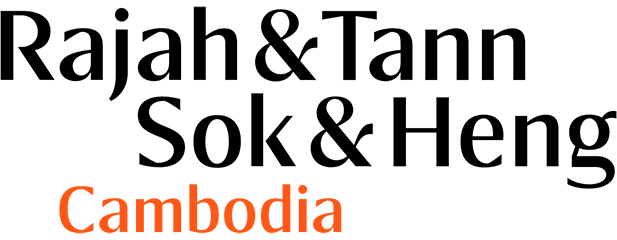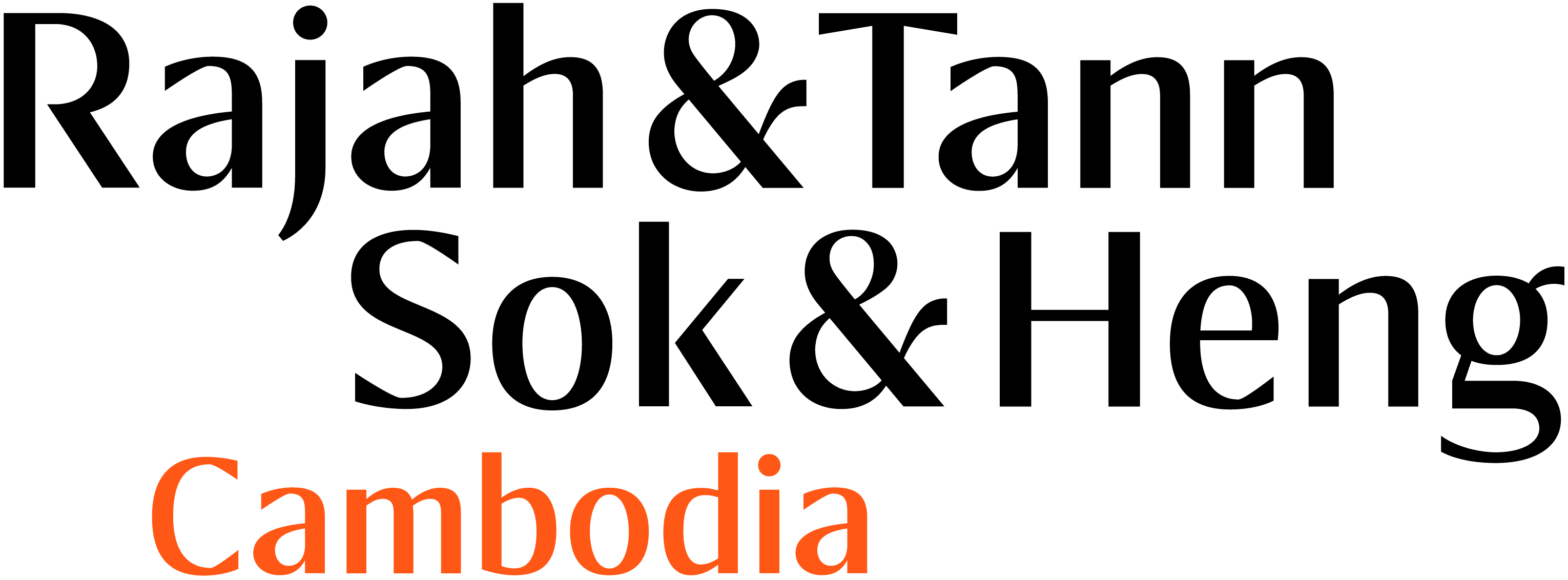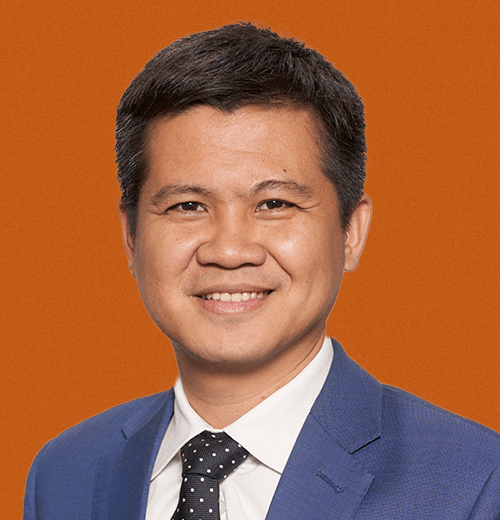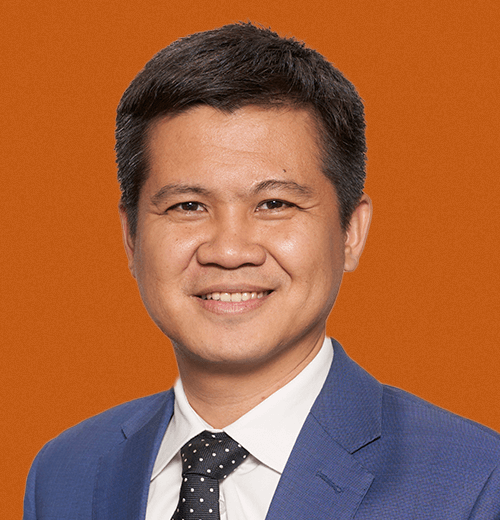Looking Back: 2021 and Gazing Into: 2022
Looking Back: 2021
In December 2021, the Royal Government of Cambodia (“RGC“) declared an end of the “20 February Event” (the COVID-19 community spread). Cambodia has also reopened the country and allowed businesses to resume the carrying out of all business operations. As part of the efforts to rehabilitate the economy from the effects of the COVID-19 pandemic, the RGC continues to work on relevant regulatory developments.
Some of the key developments involve the enactment of the law on competition, and further legal developments in the commercial gaming industry including the establishment of a regulator, setting out the minimum capital requirements for casino operators, and the authorisation of commercial gaming following the enforcement of the Law on Management of Commercial Gaming in 2020.
Gazing Into: 2022
Following the enactment of Cambodia’s first Law on Competition and the new Law on Investment, some regulations such as sub-decrees and prakas to implement these two laws are expected to be issued.
In addition, the following draft laws are in the pipeline:
- Draft law on commercial contracts;
- Draft amendment of the law on commercial enterprises, commercial rules and register;
- Draft law on cybercrime;
- Draft prakas on cooling-off period;
- Draft prakas on investigation procedures and formalities concerning competition;
- Draft prakas on formalities and procedures of negotiated settlement;
- Draft prakas on unfair contract clauses;
- Draft national consumer protection programme;
- Draft guideline on pyramid scheme and multi-level marketing; and
- Draft prakas on principles of management, organisation and functioning of trusts.
Full Report
Click on the link below for the full report which provides summaries of the key legal developments related to the above areas.
Please note that whilst the information in this Update is correct to the best of our knowledge and belief at the time of writing, it is only intended to provide a general guide to the subject matter and should not be treated as a substitute for specific professional advice




















